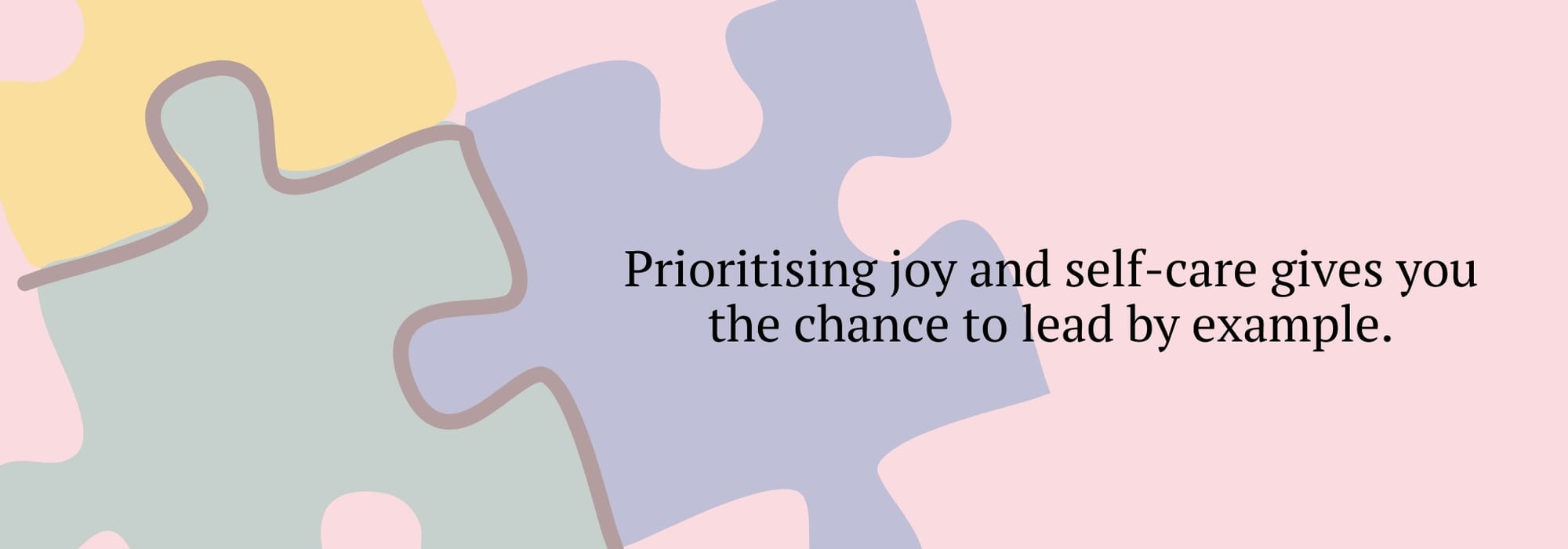From sourcing joy to acknowledging strife, we’re exploring key support points for dealing with the transition to motherhood
Coined in 1973 by anthropologist Dana Raphael, the term ‘matrescence’ describes the change we go through when we enter the new phase of motherhood, and it’s thought to occur across five dimensions: psychological, relational, social, neurological, and biological.
“No one tells mothers to prepare for [matrescence], but they tell you what baby registry items to get,” says Jess Ringgenberg, coach, consultant, and matrescence expert. “There is very little support in the workforce, and most women are not taught about wellbeing or how to thrive. Add in raising a child, and the entire identity shift can lead to shock, ambivalence, and grief – and it can follow them for their entire life.”
Spanning across the dimensions of matrescence, we’re highlighting four pillars that support your sense of self during this time.
Acknowledge the changes, and your feelings around them
The NHS states that more than one in every 10 women will experience postnatal depression after having a baby, and significant physical changes are also common. With all that in mind, it goes without saying that life will likely look and feel very different at the beginning of motherhood.
It’s impossible to move forward from any stage of life until you have acknowledged your life has shifted. Whether this pertains to your relationships, career, personal time, or daily routines, accepting and embracing this new phase allows you to prioritise your personal wellbeing. Some people may find solace in self-help practices such as journaling, but others may need more guided support, be that from a counsellor or other qualified mental health professional.
“The reality of parenting might not fit the expectation we had for ourselves, as we hurtle full-throttle into a new world of feeding, sleeping, caring, and nurturing,” says integrative counsellor Georgina Sturmer. “By acknowledging the existence of matrescence, we allow space for the idea that our bodies, reactions, emotions, and identity might feel different. Possibly even unrecognisable.”
Put your own safety mask on first
As instructed on an aeroplane, putting on your own mask first is not an act of selfishness, but a necessity for survival. Peanut’s ‘Invisible Mothers’ campaign found that 94% of women believe that they are expected to prioritise the needs of their families, partners, jobs, and other responsibilities over their own. But this, inevitably, will take its toll.
You are allowed to fill your own cup in order to safely care for those who rely on you. That will look different for each of us, but it could be ensuring that you are still eating a balanced diet (perhaps you make sure all the food groups are accounted for on your child’s plate, but your own is bland), splitting night-time responsibilities (where possible) so that you can get some solid hours of sleep, and ensuring you attend medical appointments if you have any health concerns of your own. As a parent, you have the right to approach responsibilities with renewed energy and focus, without being called inconsiderate for doing so.

Don’t do it alone
Loneliness and isolation can be common experiences during this period. But, despite feelings of embarrassment and awkwardness, discovering your tribe and accepting help allows you to thrive in the changes of identity and the challenges of parenthood. “It absolutely does take a village to raise a child, and it also takes a village to help a parent,” says Georgina.
For some people, this could consist of friends and family. But there are other methods of connecting with people, too. You may find your people at local baby classes found in community spaces and libraries. Or you could turn to technology and connect with other mothers on the apps Peanut, Bumble BFF, or MeetUp – as well as join online groups and forums.
Actively pursue joy and interests
According to data from The Research Moms, less than a quarter of mothers said they put in ‘a lot of effort’ to keep up with their own hobbies, while 20% said they put in ‘no effort at all’ because they have other priorities.
It’s common to feel as though our personal lives have paused when starting a family, but discovering or continuing a much-loved hobby or interest can provide an invaluable opportunity to maintain your sense of self. Engaging in an activity that brings you joy can also serve as a positive influence for those around you. Prioritising joy and self-care alongside your other responsibilities will not only establish a strong foundation for your children’s future, but will also give you the chance to lead by example.


Comments